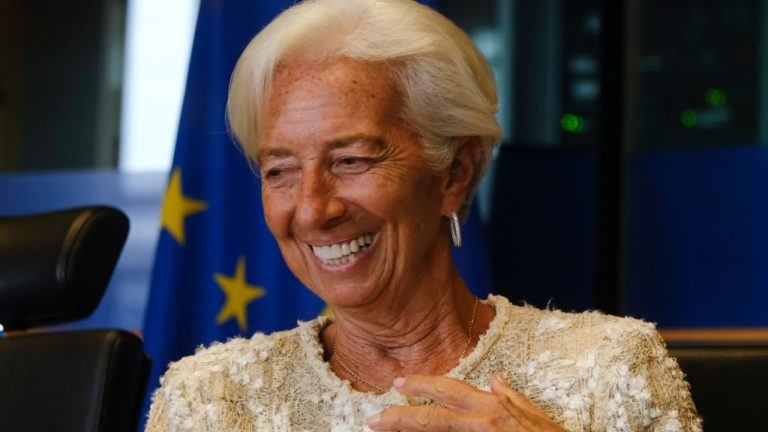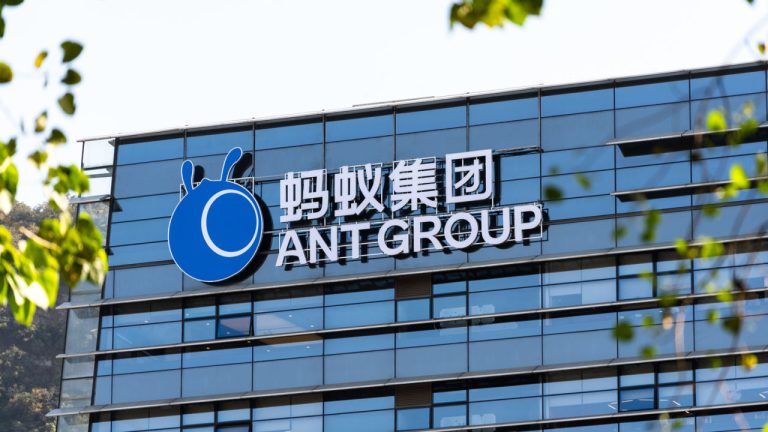
During the test, HSBC was connected to the blockchain platform developed by Ant Group and supported by Ant Group’s banking partners.
Banking giant Hong Kong and Shanghai Banking Corporation (HSBC) have tested the use of tokenized deposits – from issuance to transfer to redemption – with major Chinese banker Ant Group, founded by Jack Ma, in a sandbox arranged by the Hong Kong Monetary Authority.
The initiative led by the banking institutions aimed to explore the potential of deposit tokenization in enabling always-on, real-time treasury fund movement between accounts held by a corporation within the HSBC network.
During the test, HSBC was connected to the blockchain platform developed by Ant Group and supported by Ant Group’s banking partners. In an official communication shared with Cointelegraph, HSBC revealed that the test encompassed the issuance, transfer, and redemption of deposit tokens, adding:
“It will pave the way for future research on how blockchain and tokenization can drive efficiencies and foster innovations in corporate treasury management.”
The involvement of Ant Group’s banking partners enhances treasury fund transfer with improved turnaround time, cost efficiency and visibility. Vincent Lau, Global Head of Emerging Payments, Global Payments Solutions, HSBC, confirmed the bank’s interest in continuing to leverage tokenized deposits and other financial innovations to streamline and optimize treasury management for clients.
HSBC has also been an active participant in various central bank digital currency (CBDC) initiatives, including Swift cross-border CBDC initiative Project mBridge.
Related: HSBC trialing quantum-safe financial transaction network in the UK
HSBC reportedly introduced its first local cryptocurrency services in June 2023.
SCOOP: HSBC, the largest bank in Hong Kong, today allows its customers to buy and sell Bitcoin and Ethereum ETFs listed on the Hong Kong exchange, and is also the first bank in Hong Kong to allow it. The move will expand local users’ exposure to cryptocurrencies in Hong Kong. pic.twitter.com/vH0LieSVGw
— Wu Blockchain (@WuBlockchain) June 26, 2023
According to the report, HSBC would offer cryptocurrency ETFs listed on the Stock Exchange of Hong Kong, which include CSOP Bitcoin Futures ETF, CSOP Ethereum Futures ETF and Samsung Bitcoin Futures Active ETF.
HSBC did not immediately respond to Cointelegraph’s request for comment.
Magazine: Slumdog billionaire: Incredible rags-to-riches tale of Polygon’s Sandeep Nailwal






